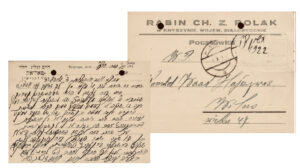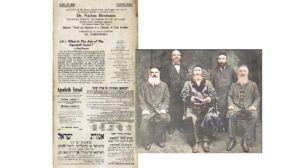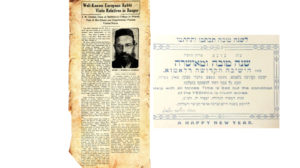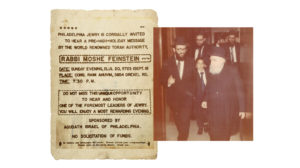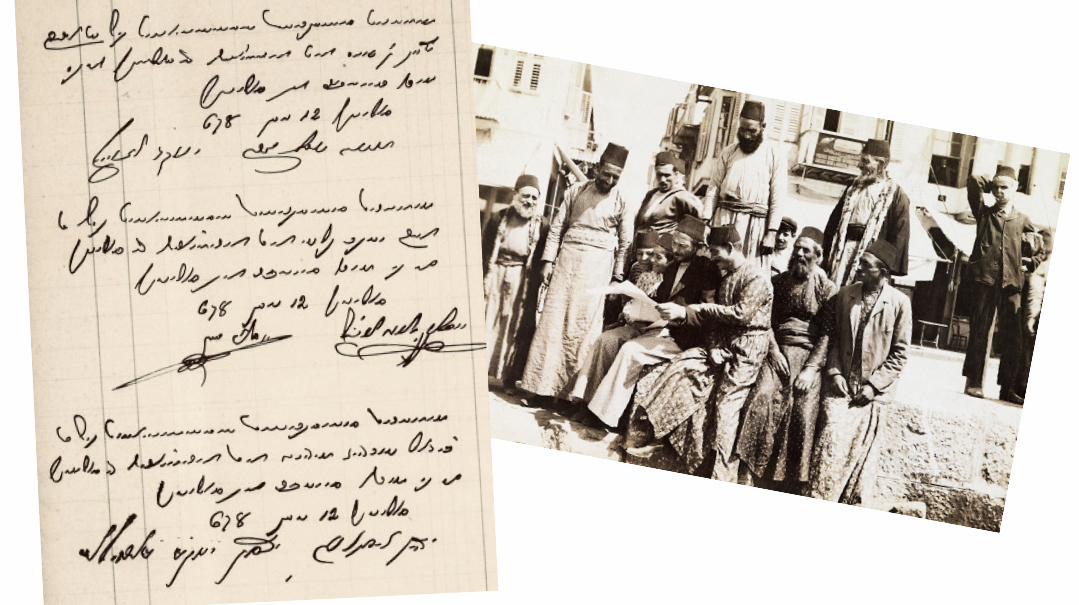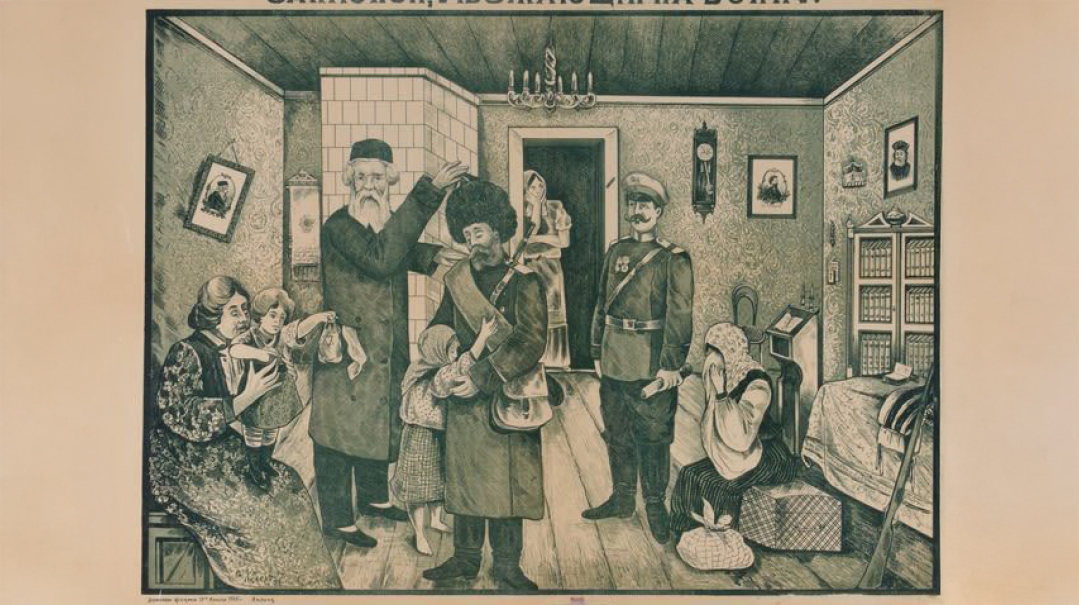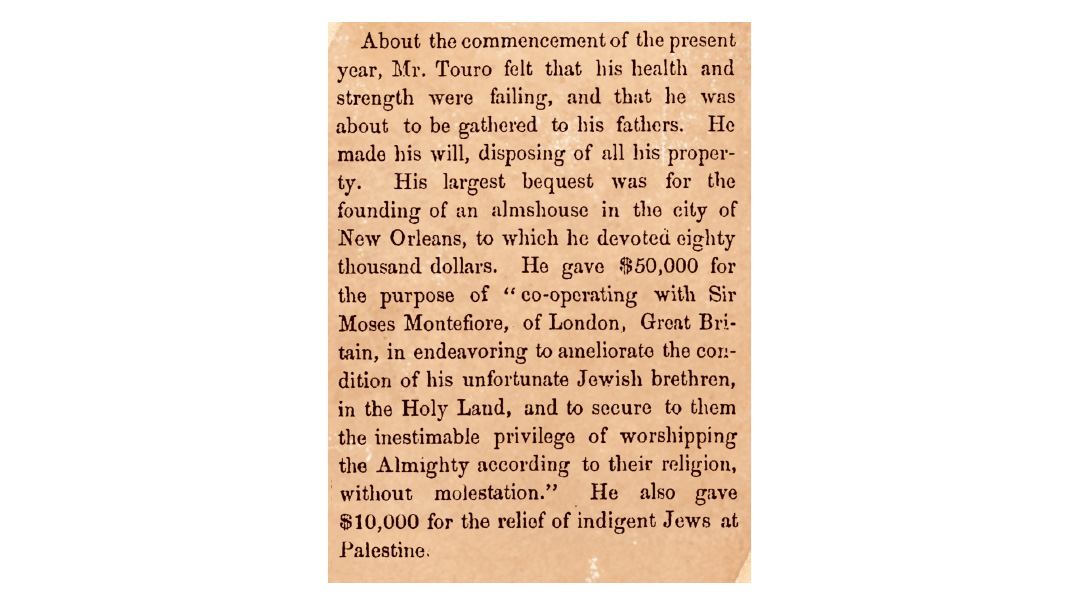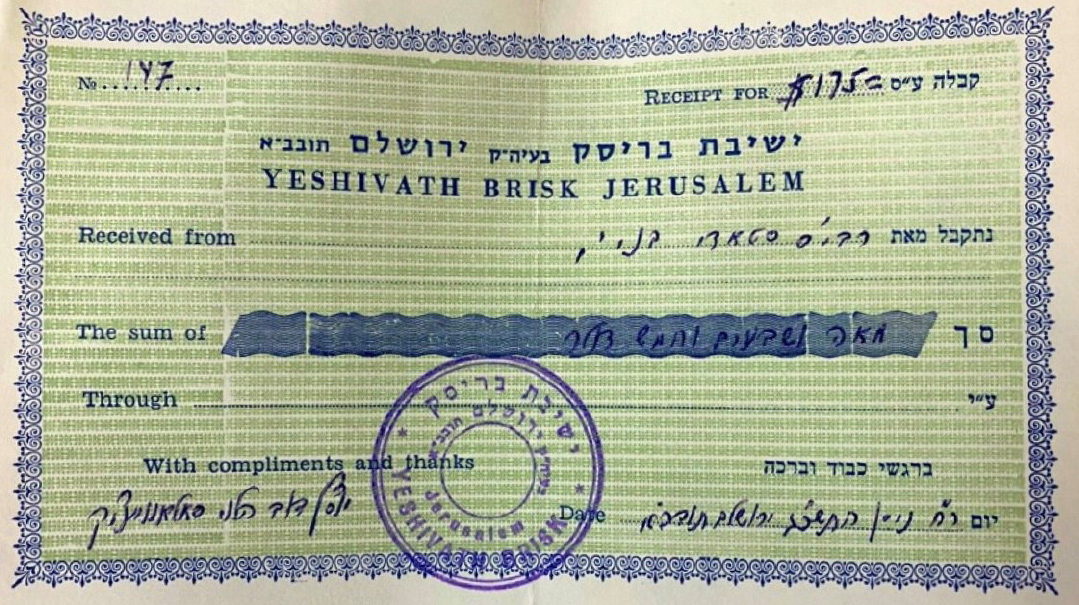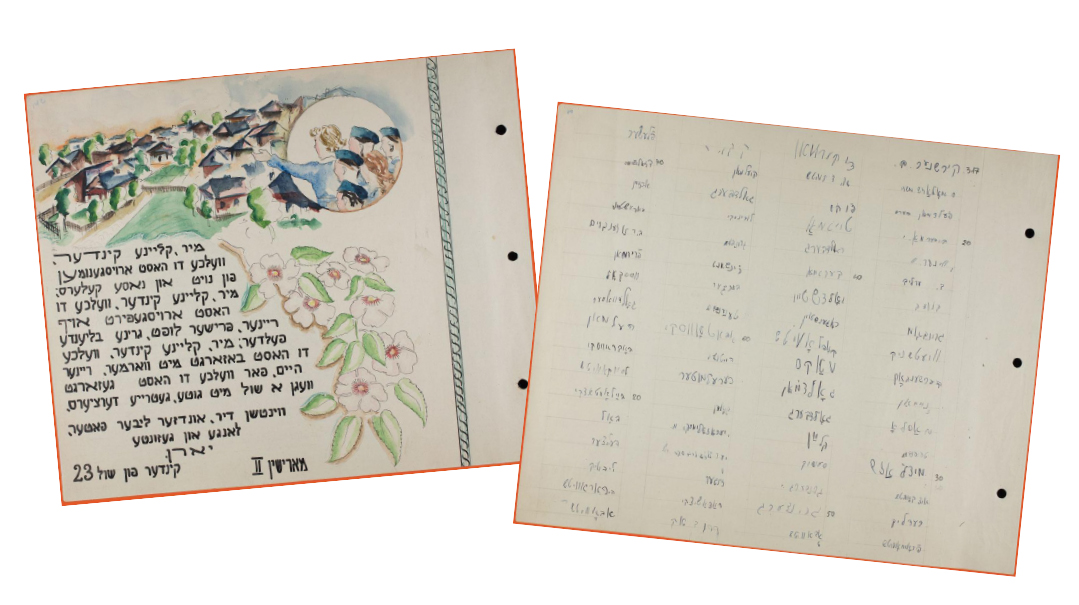A Rosh Hashanah Appeal for Russian Jewry


While both Rav Chaim Ozer and the Chofetz Chaim were able to reestablish themselves in independent Poland, they never ceased in their attempts to assist the Jews of Russia
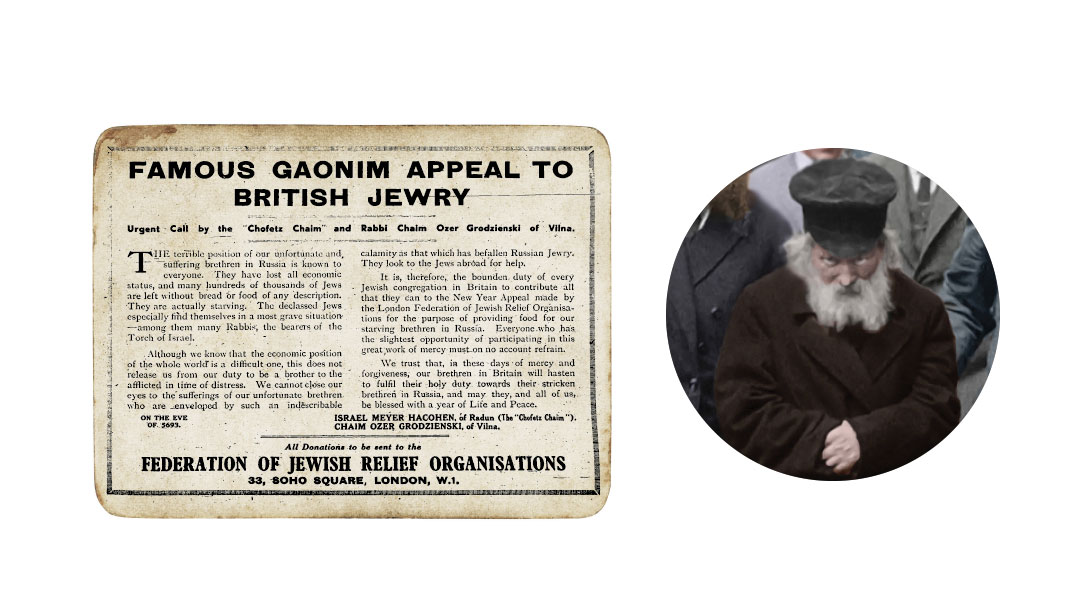
Title: A Rosh Hashanah Appeal for Russian Jewry
Location: London, England
Document: The Jewish Chronicle
Time: 1932
In the days prior to his last Rosh Hashanah in this world, the Chofetz Chaim joined together with Rav Chaim Ozer Grodzinski in an appeal on behalf of their brethren starving in Stalin’s Soviet “paradise.” Following the Bolshevik Revolution, the ensuing civil war, and the establishment of the Soviet Union, approximately three million Jews found themselves behind the Iron Curtain. As a result of the forced collectivization, the war against the “kulaks” (supposedly wealthy peasants), and drought, millions of people died of hunger in the 1932 famine.
While both Rav Chaim Ozer and the Chofetz Chaim were able to reestablish themselves in independent Poland, they never ceased in their attempts to assist the Jews of Russia. Their rescue activities included spiritual assistance, physical relief, and lobbying for exit permits for individuals — often rabbis such as Rav Yechezkel Abramsky — attempting to escape the USSR. In that sense, these great Torah luminaries preceded the more famous rescue efforts on behalf of Russian Jewry by a half a century.
Did you know
The plight of Russian Jewry was so close to the Chofetz Chaim’s heart that he designated Yom Kippur Eve as a time for every shul in the world to recite Tehillim on their behalf. Known as the takanah of the Chofetz Chaim, Rav Chaim Shmuelevitz of the Mir Yeshiva in Jerusalem adhered to this practice well into the 1970s with an impassioned post-Kol Nidrei shmuess followed by Tehillim.
Did you know
By 1932 most Jews had despaired of sustaining organized religious life under communist rule. The Novardok yeshivah network was of the last Lithuanian yeshivos to exit en masse in 1921. Heroically, the Lubavitcher Rebbe, the Rayatz, attempted to stay on, leaving under duress in 1927. Some of his chassidim and isolated rabbis courageously kept the spark of Yiddishkeit aflame for another few years until the Nazi invasion of 1941.
(Originally featured in Mishpacha, Issue 828)
Oops! We could not locate your form.

